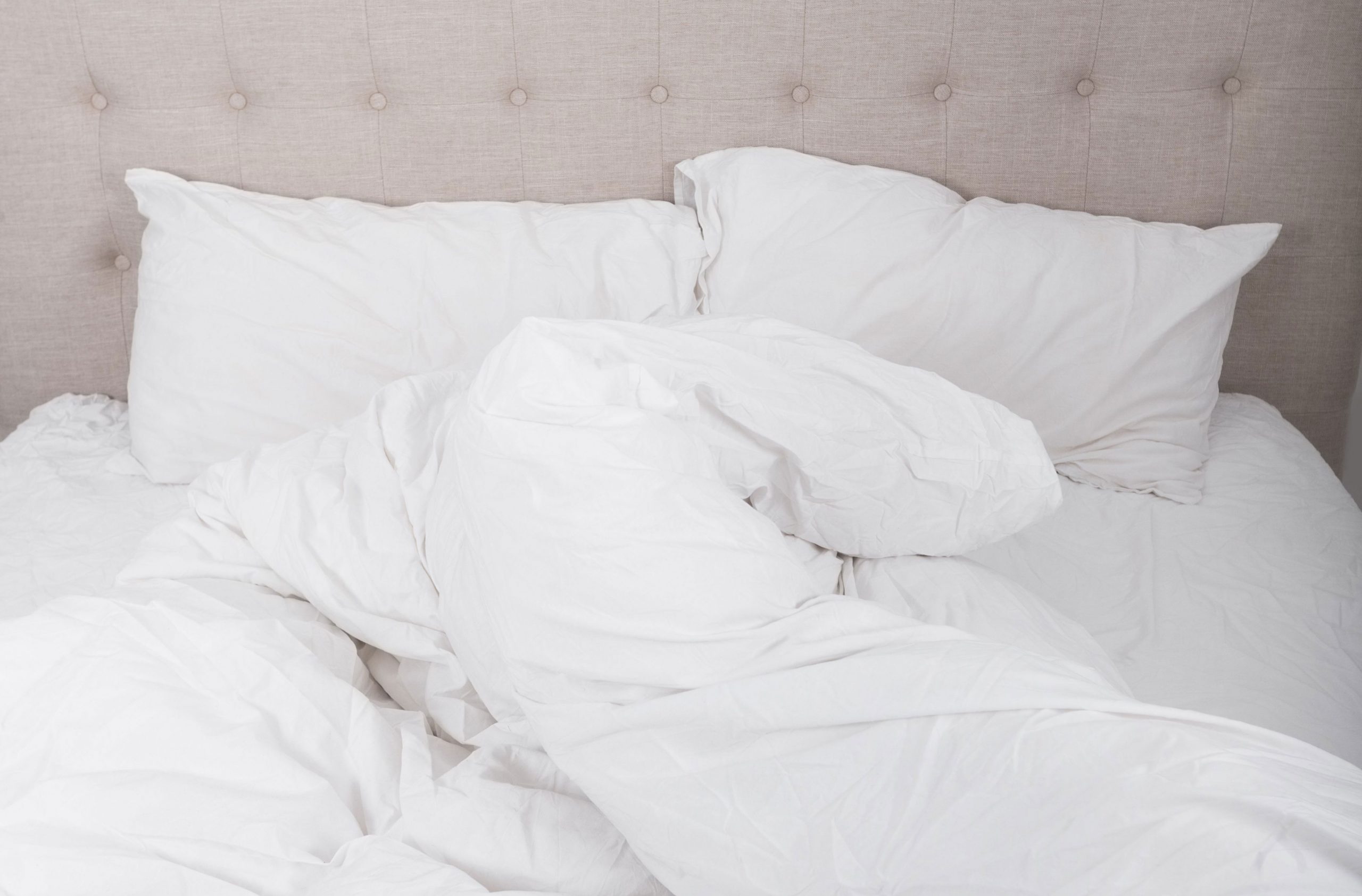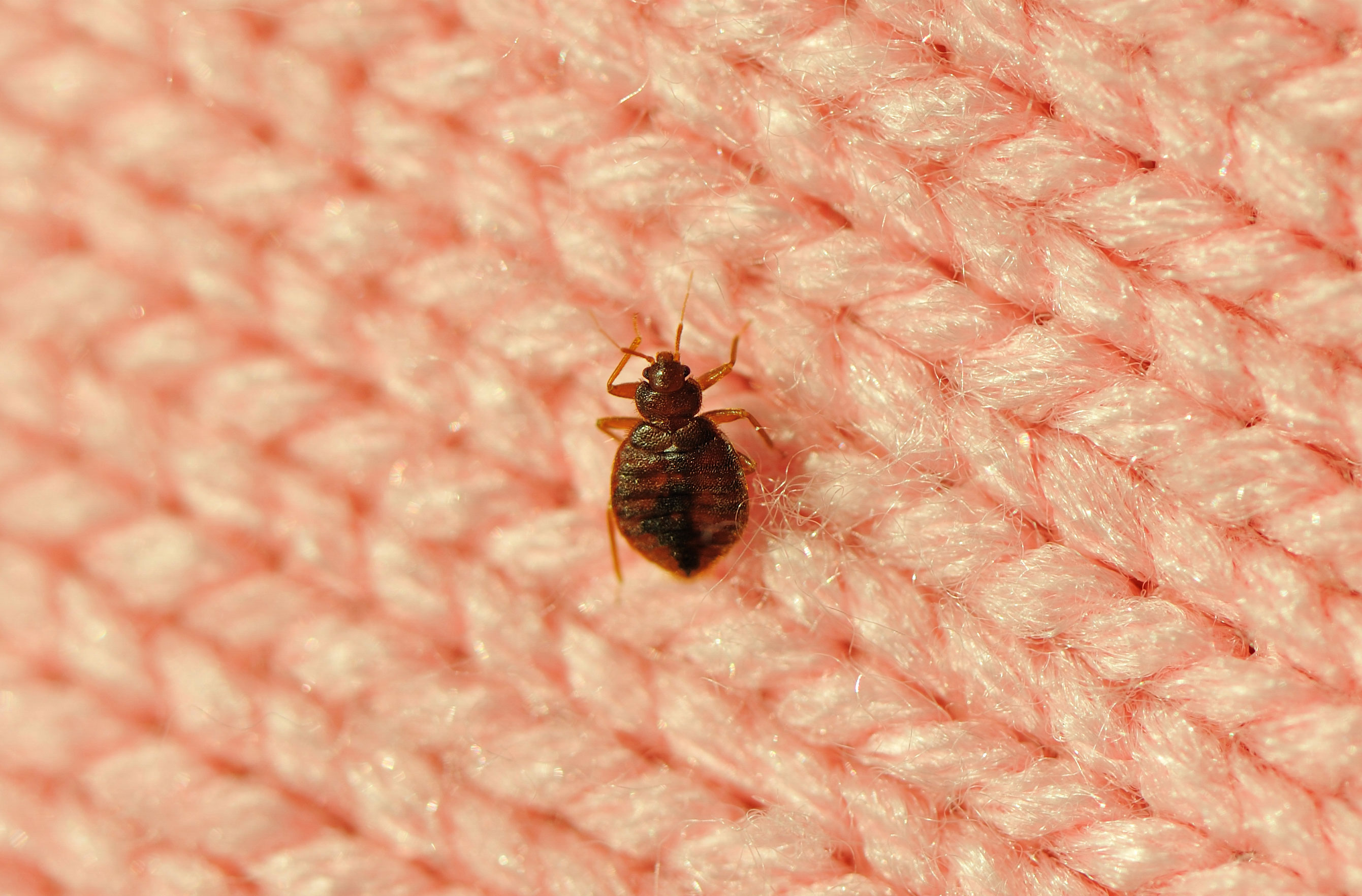Bed bugs: All you need to know about these squirmy home invaders
Worried about bed bugs? They're on the rise again and once you've got them, they're difficult to get rid of. We explain what bed bugs are, how to check if you've got them and how to get rid of them

Parenting advice, hot topics, best buys and family finance tips delivered straight to your inbox.
You are now subscribed
Your newsletter sign-up was successful
We're giving you tips on how to deal with these creepy intuders...
Bed bugs can be a real pain – literally and metaphorically.
If you're feeling a little itchy under the covers and have noticed you've been showing up in bites or rashes, it's worth reading on to check if you have a bed bug infestation and how to deal with it.
While they are not dangerous and don't spread disease they are not a pleasant thing to live with, and you can spread them to other places such as work and the homes of your friend and family.
Read on to find out what bed bugs are, how you can spot them and how to get rid of them.
What are bed bugs?
Bed bugs are very small (about 5mm long), nocturnal, wingless insects. They thrive in warm areas and they feed on blood so they're often found living in beds.
They are easy to spread as they can hide in clothes and bags. They're hard to get rid of as they're so small and can live for over a year without feeding. They live for up to 18 months when they are feeding.
Parenting advice, hot topics, best buys and family finance tips delivered straight to your inbox.
They aren't poisonous and don't carry disease but they do bite humans in order to get their blood. In some cases, these bites are itchy and sore, but other people don't even notice the bites. Occasionally they can cause an allergic reaction. The bites can also become infected if you scratch them so it's better to eradicate the bugs before it gets too serious.
Have I got bed bugs?
Think you might have bed bugs? They're very small, but they're fairly easy to find if you know what you're looking for.
Bed bug bites:
Bed bug bites can be very itchy, but they're not known to pose any serious risks to your health. Bed bug bites look very similar to other insect bites, so there are a couple subtle differences that can help you identify between a bed bug bite and an insect one:
- Bed bug bites normally appear on parts of your body that may be exposed while you sleep (e.g. areas like the back of your neck, arms and legs are common)
- In most cases, according to Steve Durham, president of EnviroCon Termite & pest, bed bug bites appear in 'clusters or zigzags of flat, itchy bites'
- Also while flea bites usually tend to have a red dot in the centre, bed bug bites normally do not.
What do they look like?

An adult bed bug is 5mm long and is a dark brown or reddish-brown colour. They look quite similar to an apple pip!
If you're looking for bed bugs you should also keep an eye out for their droppings and their skin (pictured above).
If you've been bitten by them you might also see spots of blood on your sheets.
If your room has quite a bad infestation you might notice an unpleasant almond smell.
Where do they live?
Bed bugs like to live in warm places where they can feed easily, which is why they often live in beds. Check under your pillows, around the seams of your mattress and around the bedhead.
They also often live near the bed. For example, they might be behind skirting boards, in cracks in the wall and in amongst clutter on the floor.
The name bed bugs is a bit misleading because they can just as easily live in sofas and have recently been found in shops too.
How do I get rid of bed bugs?
It can be difficult to get rid of them because they're so small and good at hiding. Often you need professional pest control services to get them out of your house for good, but there are some things you can try to get rid of them first.
Getting rid of them yourself:
If you catch the bed bug problem early, you can try to treat it yourself: * Wash your sheets on a hot wash * Wash your clothes on a hot wash * Thoroughly vacuum your room and your bed * Repeat all the above steps a week or so later, to make sure you've got rid of all the eggs as well as the live bed bugs * Keep checking your house thoroughly for bed bugs. Unfortunately in most cases you do need professional help to get rid of them for good
How to prevent bed bugs:
The best cure is prevention so making sure you regularly change your bed linen and wash on a hot heat can be crucial. Inspect your mattress regularly and avoid buying one second-hand. Keep your bedroom tidy, avoiding too much clutter and ensuring you regularly remove litter, dust and hoover.
Bed bug treatment: when to get professional help
If there are quite a lot of bed bugs or you've tried to get rid of them yourself and it hasn't worked, you will need to get professional help.
You can report pest control problems like bed bugs to your local council who will be able to give you advice on what to do next. You can also get more info on bed bugs from bed-bugs.co.uk.
Have you had bed bugs or do you have any more tips on how to prevent or eradicate them? Join the conversation over on our Facebook page and share your experiences!